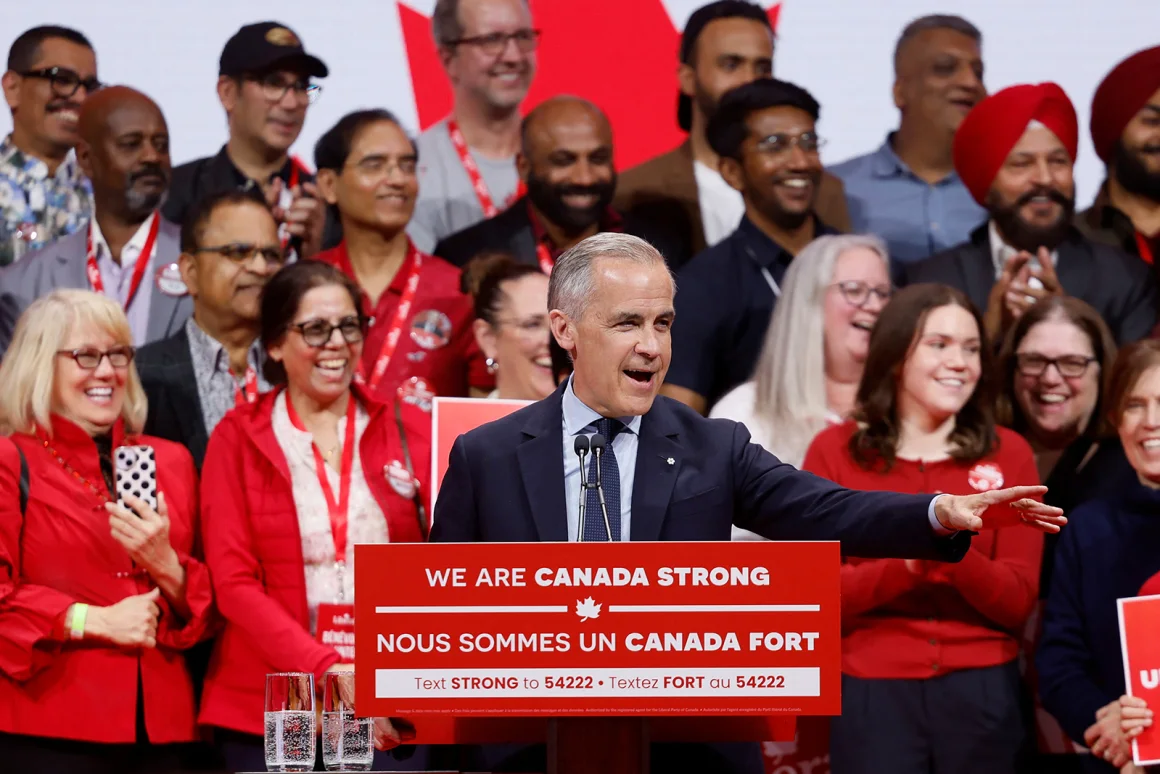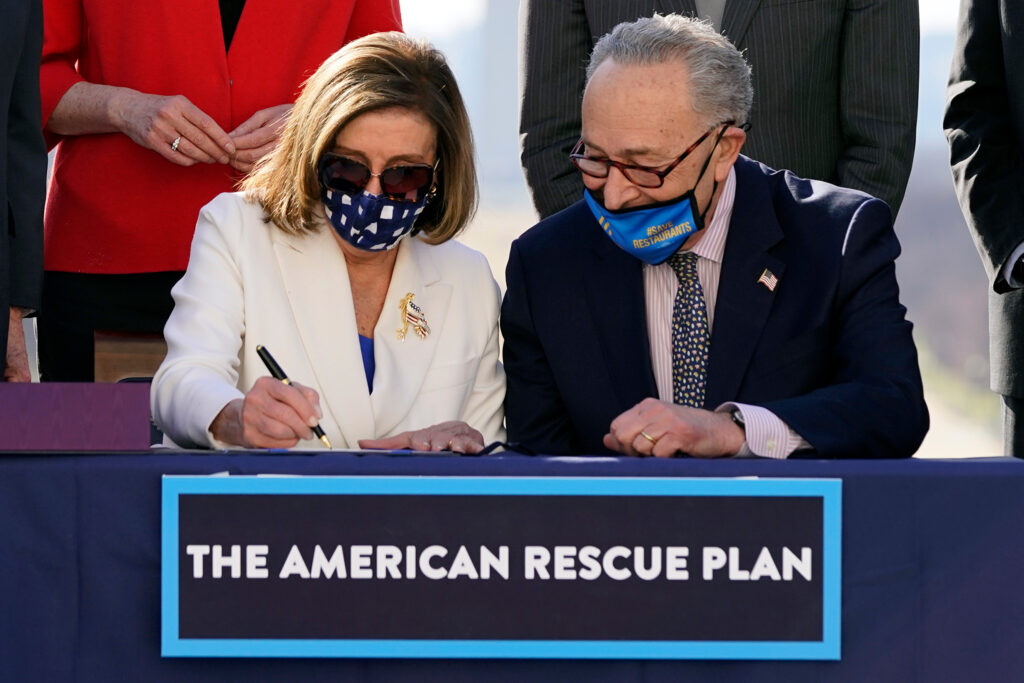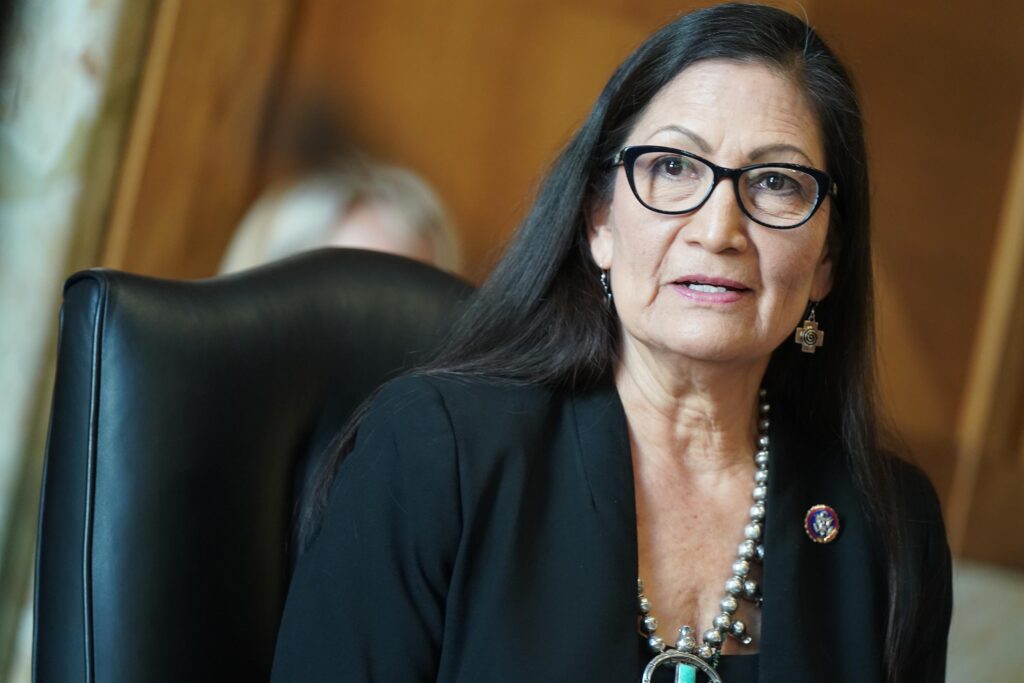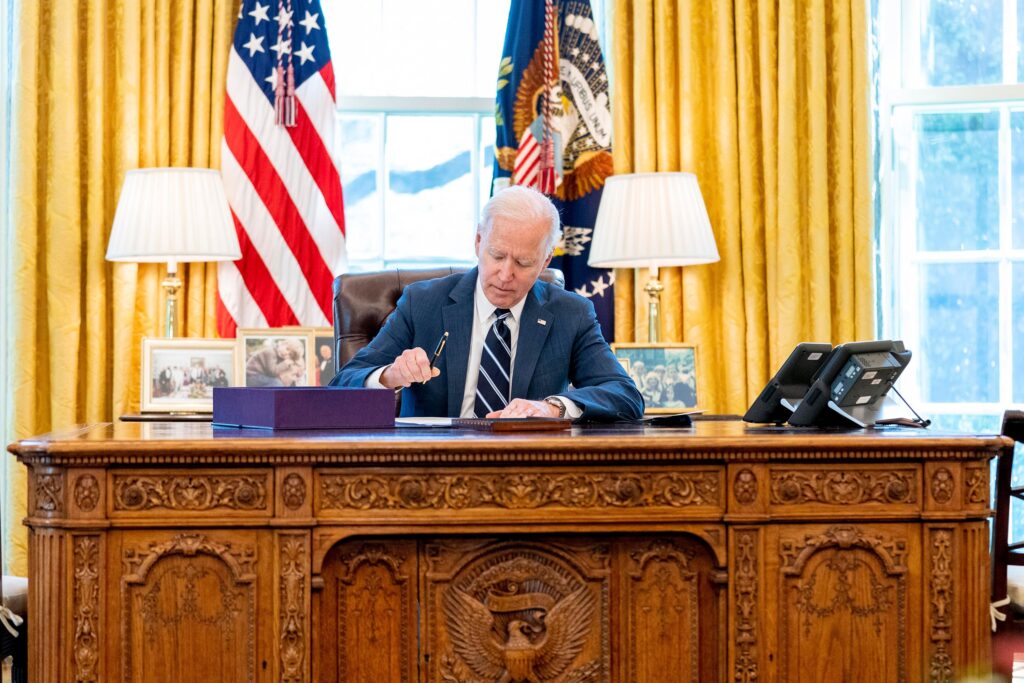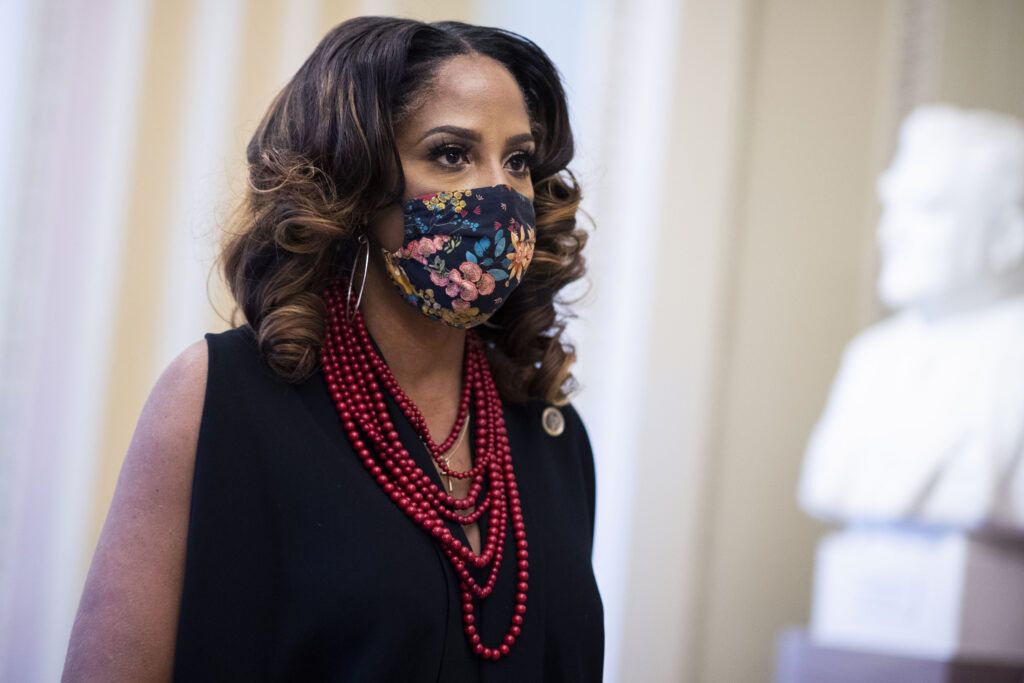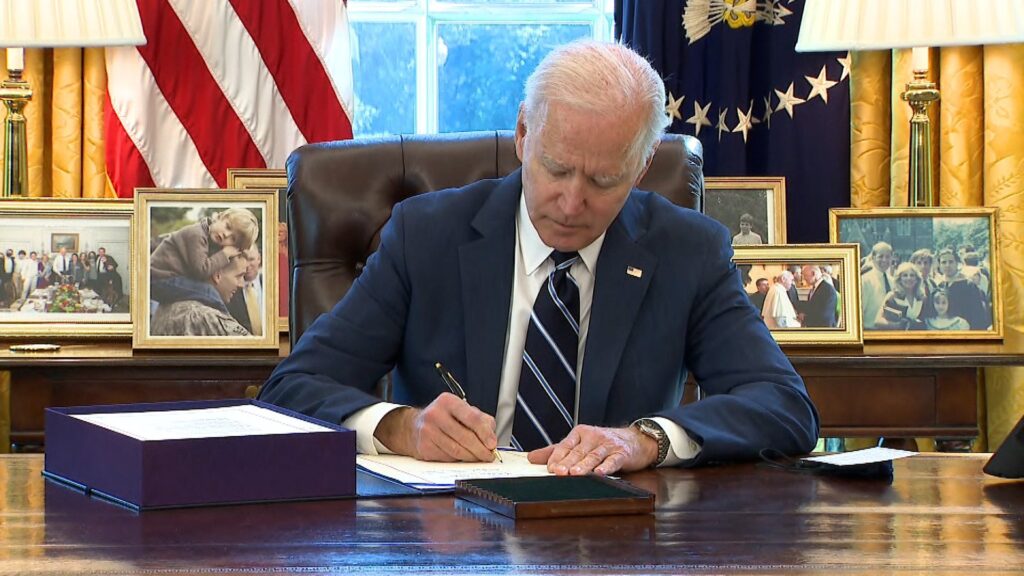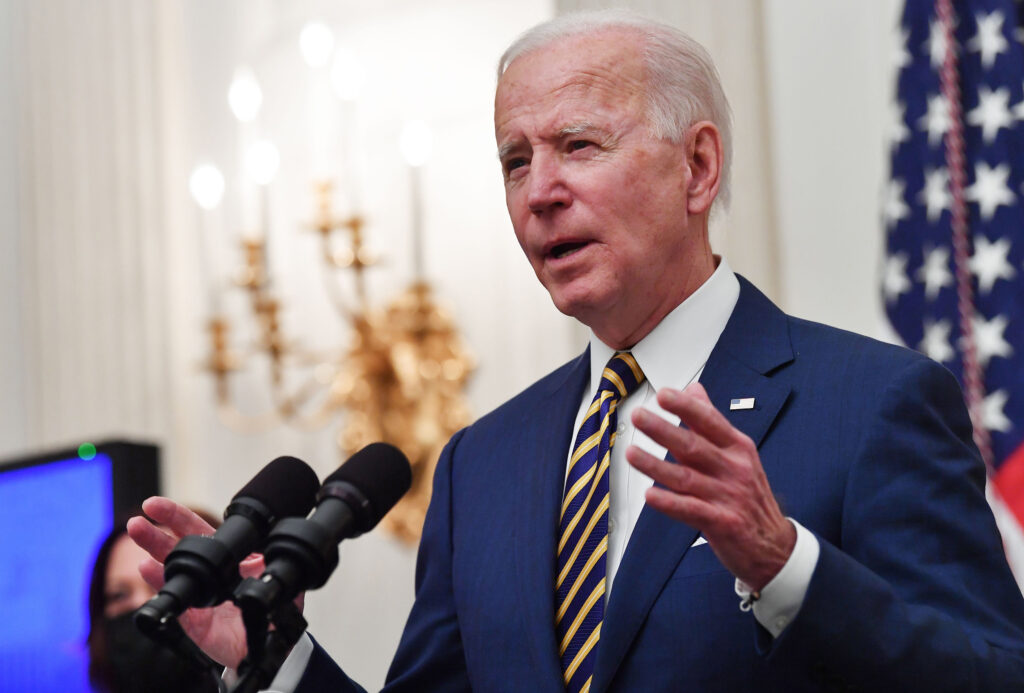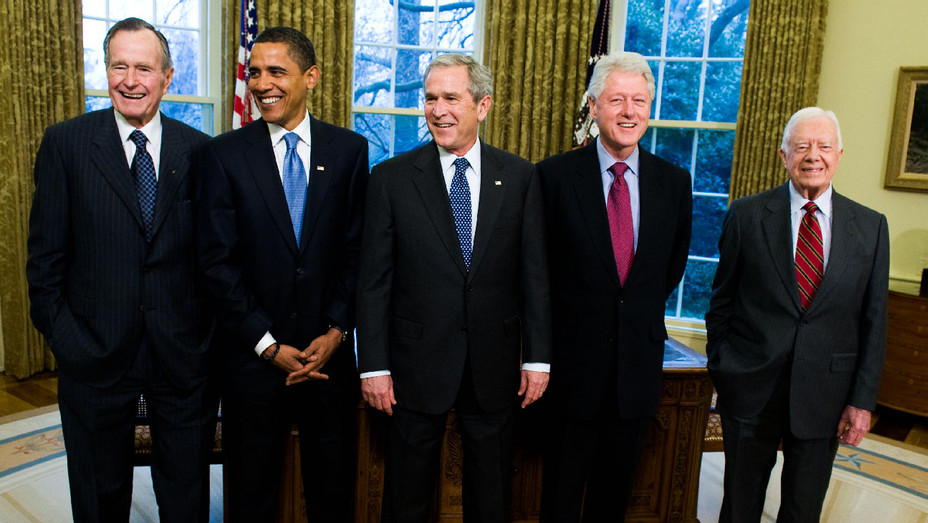America should listen to Stacey Abrams’ warning about ‘racist’ election laws
Analysis by Stephen Collinson, CNN Stacey Abrams’ stark warning about Georgia’s new election bill being racist is shining a spotlight on a nationwide battle over whose voices will be heard at the ballot box, as Republicans around the country try to suppress voting rights. The Georgia Democrat’s comments on CNN Sunday come amid a building showdown over GOP efforts to make voting harder in multiple states following former President Donald Trump’s loss and his lies about ballot fraud, and Washington Democrats’ vast federal election and civil rights bill that would counter such efforts. Flurries of bills have been introduced in
‘Frustration in our future’: Democrats prepare for internal clashes that could slow Biden’s agenda
By Manu Raju, Lauren Fox and Ted Barrett, CNN House and Senate Democrats are bracing for a clash over the next phase of President Joe Biden’s agenda, preparing for a long slog and intense debate over competing priorities and legislative tactics after quickly coming together on the massive relief plan signed into law Thursday. A wide array of Democrats in both chambers, in the rank-and-file and in their party’s leadership, recognize the next chapter will be far more difficult than passing the sweeping $1.9 trillion relief legislation, even as that effort proved to be an arduous task as they pushed
Senate set to confirm Deb Haaland as Biden’s Interior secretary in historic vote
By Clare Foran and Ted Barrett, CNN The Senate is slated to vote on Monday to confirm Deb Haaland as President Joe Biden’s Interior secretary, a historic move that will make her the first Native American Cabinet secretary. She is expected to be confirmed despite the fact that some Republicans have expressed concern over her nomination and described her views on public land use and fossil fuels as extreme. It won’t be the first time Haaland has made history. In 2018, she was elected as one of the two first female Native Americans in Congress. Her nomination to lead the
DNC launches new ad campaign as Biden and Democrats seek to sell Covid bill to Americans
By Dan Merica, CNN The Democratic National Committee, in cooperation with the Biden White House, will kick off a sweeping effort to sell the newly signed Covid-19 relief package to a politically divided American people on Friday, releasing a new national ad bragging about the bill along with a detailed guide on how Democrats across the country should tout the legislation. The multi-prong effort is aimed at turning the bill into something Democrats can run on, not run away from, in the coming years, including in the politically critical 2022 midterms. The ad, which is set to run nationally, in
Del. Stacey Plaskett rebukes House Republican for attack on Black Lives Matter
By Veronica Stracqualursi, Ryan Nobles and Manu Raju, CNN Stacey Plaskett, a Black Democratic delegate, on Wednesday forcefully rebuked her White Republican colleague in the House of Representatives for accusing the Black Lives Matter movement of being a “group that doesn’t like the old-fashioned family,” a statement she derided as racist. In speaking against President Joe Biden’s $1.9 trillion Covid-19 relief plan, Wisconsin GOP Rep. Glenn Grothman argued on the House floor Wednesday that the expansion to earned income tax credit for single workers would penalize married individuals. “I bring it up, because I know the strength that Black Lives
Biden signs historic $1.9 trillion Covid-19 relief law
By Kate Sullivan, CNN President Joe Biden signed his sweeping $1.9 trillion Covid-19 economic relief package into law on Thursday afternoon. “This historic legislation is about rebuilding the backbone of this country and giving people in this nation, working people, middle class folks, people who built the country, a fighting chance,” Biden said in the Oval Office before signing the legislation. “That’s what the essence of it is.” Congress on Wednesday passed the relief package, which has been Biden’s first and most pressing legislative priority since taking office in January. Biden had originally been expected to sign the bill on
‘I need you’: Biden asks Americans to do their part to help country emerge from Covid crisis
Analysis by Stephen Collinson and Maeve Reston, CNN The light at the end of the tunnel may be the fireworks bursting in air on the Fourth of July. President Joe Biden on Thursday offered Americans the tantalizing hope of a return to an all but forgotten pre-pandemic normalcy within months, escalating the “war footing” on which he has placed the nation to beat the virus that has caused the worst domestic crisis in generations. In his first prime-time address, Biden shouldered the theatricality, responsibility and pastoral nature of the presidency as never before, laying down a personal challenge to every
Senate confirms Ohio Rep. Marcia Fudge as HUD secretary
By Veronica Stracqualursi, CNN The Senate voted Wednesday to confirm Ohio Democratic Rep. Marcia Fudge as secretary of Housing and Urban Development, adding another African American woman to the ranks of President Joe Biden’s Cabinet. She was confirmed 66-34. Vice President Kamala Harris will administer the oath of office and swear in Fudge during a virtual ceremony Wednesday night. Fudge has represented Ohio in Congress since 2008 and previously chaired the Congressional Black Caucus. Her appointment to Biden’s Cabinet leaves a vacancy in the House, where Democrats hold a narrow majority. She formally resigned from her House seat shortly after
Former Presidents Carter, Clinton, Bush and Obama urge Americans to get vaccinated
By Dan Merica, CNN Former Presidents Jimmy Carter, Bill Clinton, George W. Bush, Barack Obama and their respective former first ladies are part of a newly released ad campaign urging Americans to get the coronavirus vaccine when it is their turn, a push that is aimed squarely at combating vaccine skepticism. There are two ads in the campaign: a minute-long, more personal spot that shows the four former presidents and former first ladies receiving their vaccines, and another that features Clinton, Bush and Obama standing together to urge Americans to step up and get vaccinated. The ad campaign reunites almost
5 ways the stimulus package is expected to reduce poverty
By Tami Luhby, CNN President Joe Biden’s sweeping $1.9 trillion relief package represents one of the largest federal efforts to reduce povertyin the last half century. The massive legislation, which the President is expected to sign Friday, provides aid to low-income Americans in numerous ways. Attention has focused on the third round of direct stimulus payments, but the bill also offers parents a guaranteed stream of income and gives childless workers a bigger tax break. And it will extend enhanced food stamp benefits and federal help for the unemployed, along with providing housing assistance and more generous health insurance subsidies.

